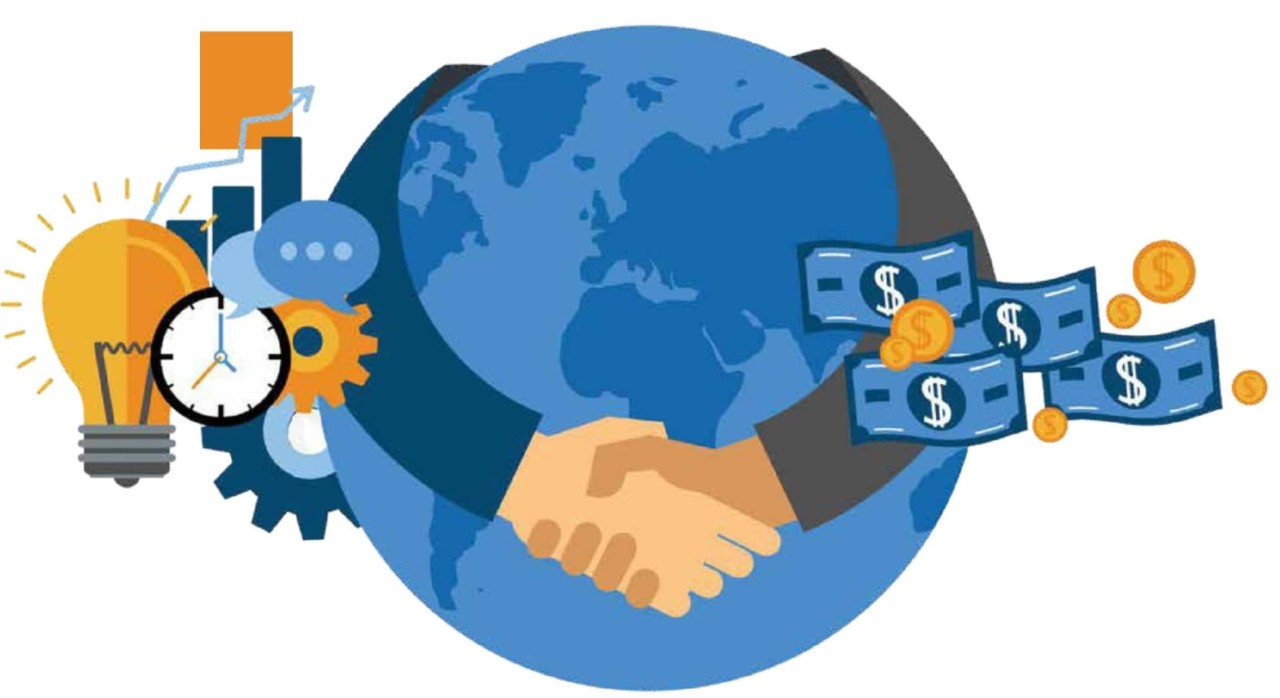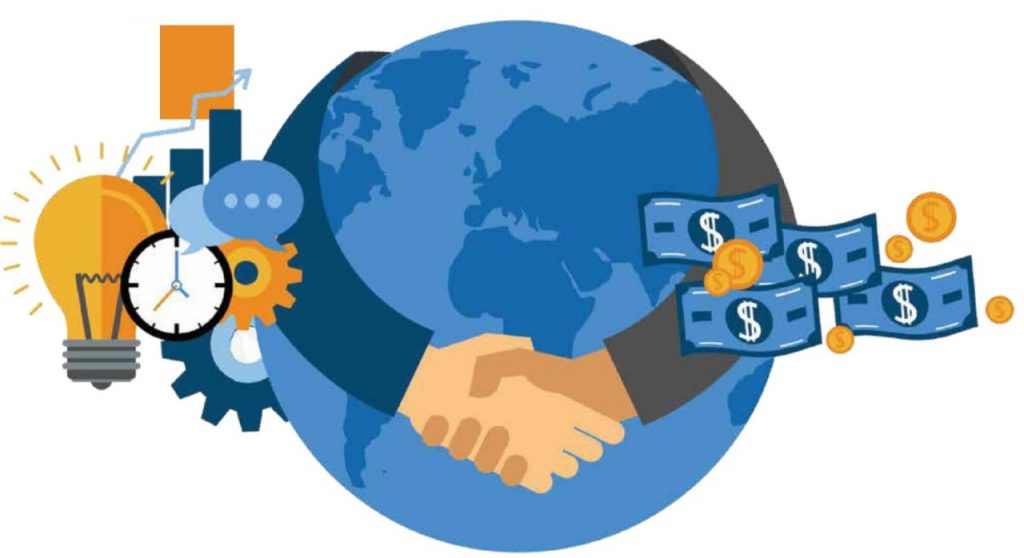

Various theories on globalization exist. Choose two from the readings and describe each—one you agree with and one you disagree with—briefly describe each theory, and explain your reasons for agreement and disagreement.
From this week’s reading assignment, we learned that there are three primary theories on globalization explaining how it was provided and developed. They include world-system theory, world polity theory, and world culture theory (Lecher F., 2001). For this assignment, I have chosen to talk about the first two theories. Before we can start discussing which ones I agree or disagree with, let me describe each of them first.
The world-system theory tells us about the hierarchy of the world and emphasizes that we should analyze the whole system, not some national societies because global power relations have been structuring development and underdevelopment for centuries. Nowadays, this system is based on the division of labor according to geography while still being connected by the world market (Chase-Dunn & Grell-Brisk, 2019).
The world polity theory sees the world as a social system with its own cultural framework (polity), and tells us that purposes, rationality, and interests are fundamentally closely related cultural constructs that influence actors (individuals, nations, international organizations) and provide them with interests, properties, guides to action, norms, and identities (Boli J. et al, 2018).
The theory I agree with is the World-system theory. It clearly explains why there is such a great gap between economies. We cannot ignore that in the modern world, everything is closely connected to money. Yet you can say that the most important things (love, family, happiness, etc.) are free, simply to be able to eat every day and have a roof above your head, you need money. As soon as the most profitable economic activities are concentrated in the core states while exploiting peripheral and semi-peripheral regions, we can truly observe the existence of unequal exchange.
The theory I disagree with is the World polity theory. First, this theory does not really undercover such issues as stratification and inequality which we can see in the modern world. Second, the norms, interests, guides to action, etc., cannot be easily and smoothly transferred to actors. Sometimes it is even impossible at all and depends on the historical origins, growth, and many other factors.
References
Chase-Dunn Ch., Grell-Brisk M. (26 November, 2019). World-System Theory. Retrieved from https://www.oxfordbibliographies.com/view/document/obo-9780199743292/obo-9780199743292-0272.xml
Boli J., Gallo-Cruz S., Matthias M. (29 January, 2011). World Society, World-Polity Theory, and International Relations. Retrieved from https://oxfordre.com/view/10.1093/acrefore/9780190846626.001.0001/acrefore-9780190846626-e-495 Lechner, F. (2001). Globalization theories. The Globalization Website. Retrieved from https://web.archive.org/web/20130529201438/http://sociology.emory.edu:80/faculty/globalization/theories01.html
